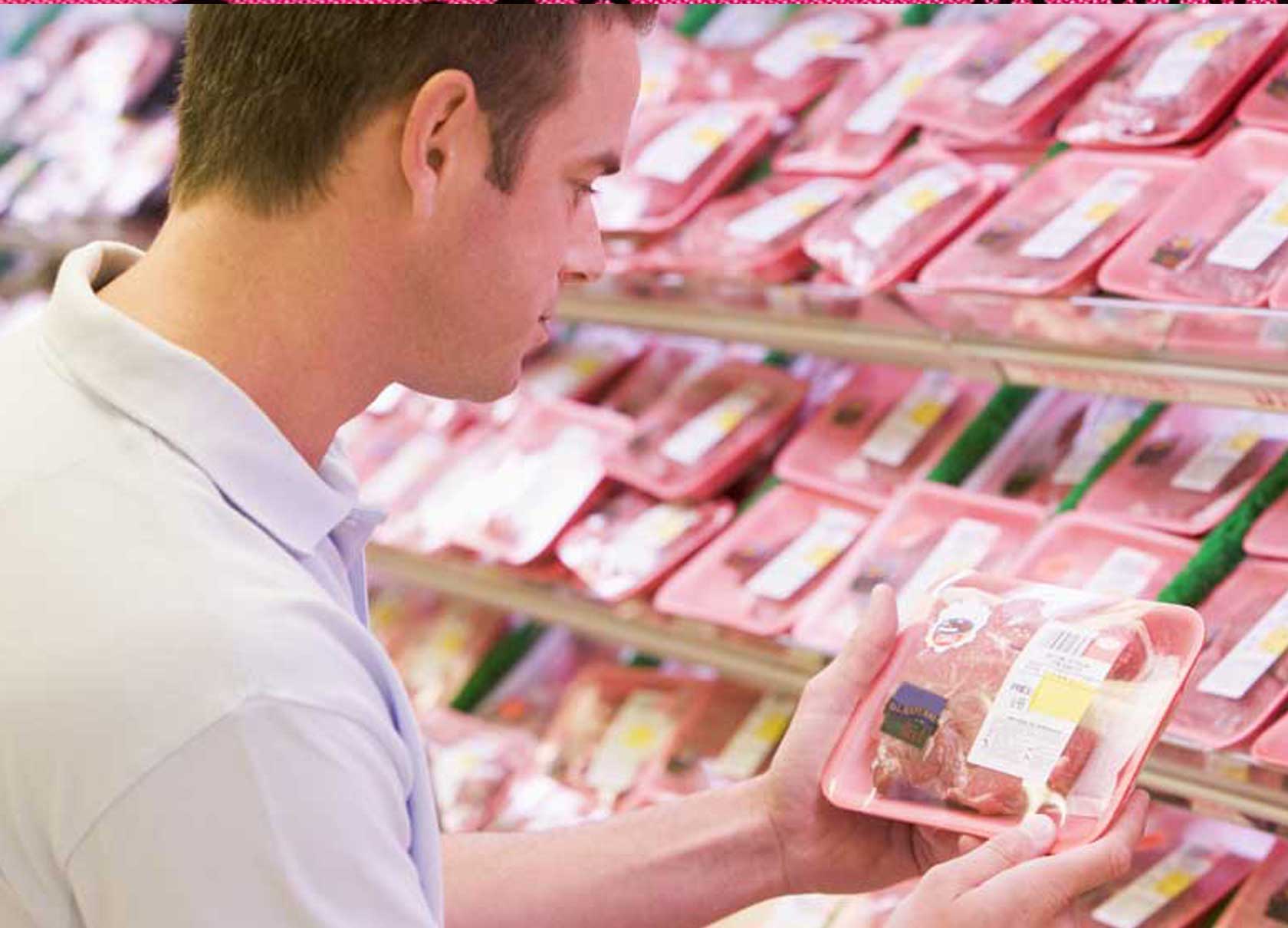
The first invoices for the new Common User Charge for importing meat and plant products through Dover have started to land.
While most businesses should be aware of how much they’ll be charged, some will be in for a shock because the previous government mislead them about what the charges could amount to. The maximum of “£145 per truck” claimed by ministers at the time could end up costing up to £870 depending on the product lines and consignments contained on the truck.
But the whole concept of a Common User Charge is now just another added cost of Brexit with no added benefit. Peter Hardwick, BMPA’s Trade Policy Advisor explains: “The fact is that this is a tax, as it is charged on every consignment passing through Dover and Eurotunnel. It is levied to pay for the previous government’s over-engineered project to inspect 15-30% of consignments, when another department was already under instruction to come up with a Border Operating Model based on checks of around 2% of consignments. Checks at this lower level could have easily been managed at Dover and Eurotunnel, without the need for the Sevington facility or a Common User Charge”.
However, there’s an additional charge to consider. Boarder Control Posts also impose a Port Health Authority fee, meaning that at government-operated BCPs (Dover and the Eurotunnel) will face a double charge on every IPAFF entry for medium and high-risk goods. None of these fees are directed back to the Dover port.
As Peter Hardwick explains: “This charge is levied overwhelmingly for goods that never go to Sevington and, for the most part, for documentary checks that are carried out automatically and with little or no human intervention. This Port Health Authority charge is intended for actual documentary and physical checks and again reflect a much higher level of checking than is currently taking place”.
BMPA is pushing for a fairer system of charging that is proportionate to the work being carried out. The Port Health Charge for an automated, digital check of documents should be a small, standard charge, not based on the tonnage of the consignment as it is currently.
And, while we understand that money spent on the Sevington white elephant has to be recouped, Dover remains the most expensive entry point to bring goods into the UK, with the added cost being passed on to British consumers. Of course, a veterinary agreement would remove all these trade barriers and added cost.
We are the UKs largest trade body for the meat industry and provide expert advice on trade issues, bespoke technical advice and access to government policy makers
We are proud to count businesses of all sizes and specialties as members. They range from small, family run abattoirs serving local customers to the largest meat processing companies responsible for supplying some of our best-loved brands to shops and supermarkets.
We are further strengthened by our associate Members who work in industries that support and supply our meat processing companies.
We are the voice of the British meat industry.

17 Clerkenwell Green
Clerkenwell, EC1 0DP
Tel: 020 7329 0776